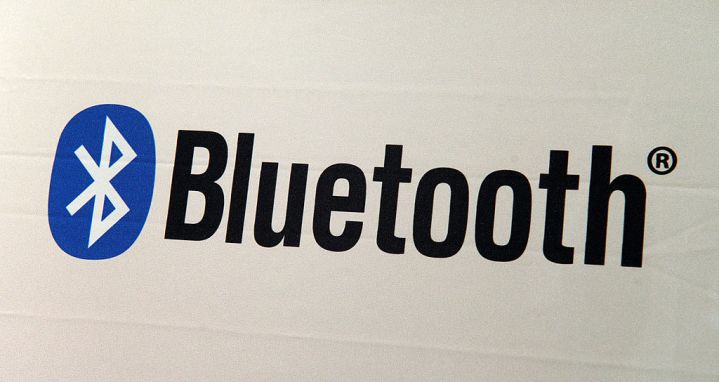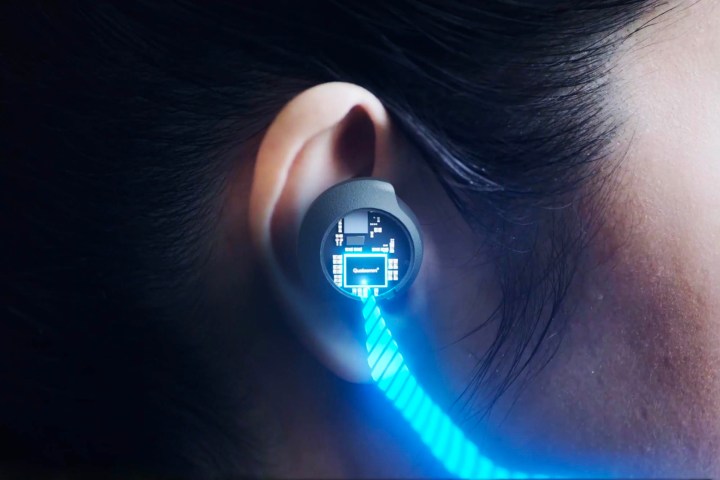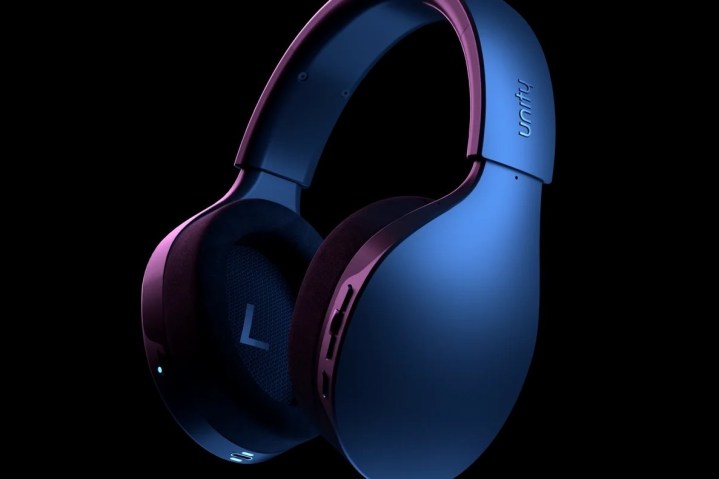
Bluetooth, the technology that powers the wireless data connections between billions of devices, is going to become even more capable, with big increases planned for the data bandwidth of Bluetooth LE.
The Bluetooth Special Interest Group (SIG) — the organization that’s responsible for the ongoing development of Bluetooth technology — organized a media briefing via Vimeo on May 2, 2023, to outline the changes.

Chuck Sabin, the SIG’s senior director of market development, spent a good deal of his 30-minute presentation discussing things like the number of Bluetooth devices in various markets and recapping the benefits of Bluetooth LE Audio, like better sound quality and future features like Auracast broadcast audio (something we’re still waiting to see in the wild).
Toward the end, he told attendees (including Digital Trends) that there are two ongoing projects that will impact Bluetooth’s ability to support high bandwidth scenarios. The first of these is “set to more than double the Bluetooth LE data rate,” Sabin said, “taking it up to four to six megabits — maybe up to eight megabits, depending on the way the specification sorts out.”

These numbers are very significant. With that kind of data rate, lossless, CD-quality audio on Bluetooth headphones and earbuds won’t require any kind of special codecs or hardware. Currently, the only way to get lossless CD quality via Bluetooth is by using Qualcomm’s proprietary Snapdragon Sound-compatible equipment with the aptX Lossless codec — and even then, it requires a very reliable wireless link.
In fact, the proposed increase in Bluetooth LE’s data rate would be enough for lossless hi-res audio at up to 24-bit/96kHz, which needs 4.6 megabits per second (Mbps), and even standard-definition video (between 3 and 4 Mbps).

Lately, there has been growing interest in finding ways around Bluetooth’s bandwidth limitations on wireless headphones. PSB announced that it will use ultra-wideband (UWB) technology to achieve higher data rates when it launches its new headphones in 2024. Meanwhile, relative newcomer Hed is already taking preorders for its $2,199 Wi-Fi-based Unity wireless headphones.
The second project relates to work being done on expanding Bluetooth into the 6GHz frequency spectrum. Higher frequencies can support faster data rates, which is one of the reasons why Wi-Fi is faster when you use the 5GHz band instead of 2.4GHz. Wi-Fi itself recently expanded into the 6GHz frequency band with the launch of Wi-Fi 6E routers and devices.
Sabin was quick to add that these enhancements of Bluetooth’s bandwidth are not designed to compete with Wi-Fi, but clearly, the gap between the two wireless technologies is beginning to narrow.
When will Bluetooth LE get these promised enhancements? The short answer is, we don’t know. “When you ask, when is this gonna happen?” Sabin said, “It’s really too early to talk about timing.” Instead, participants were told that the SIG sees these developments as securing the next 20 years or more of performance enhancements.
Editors’ Recommendations


